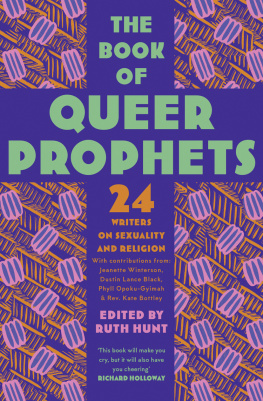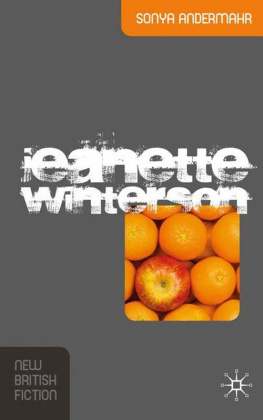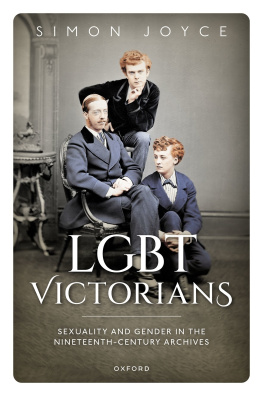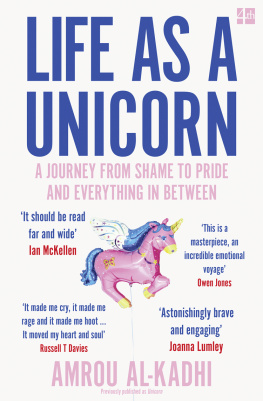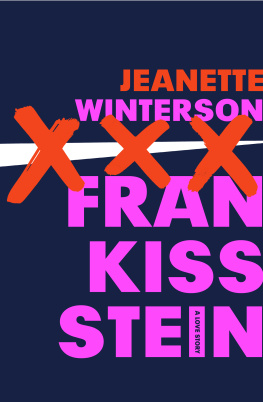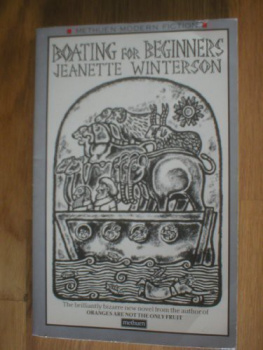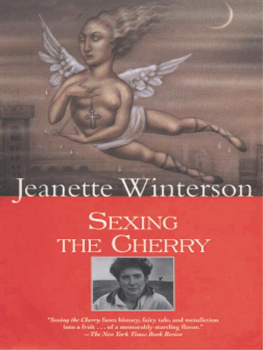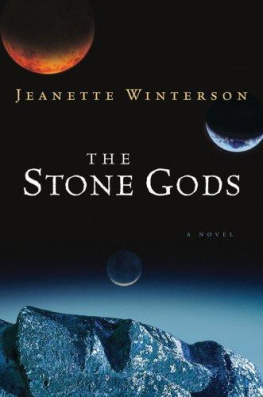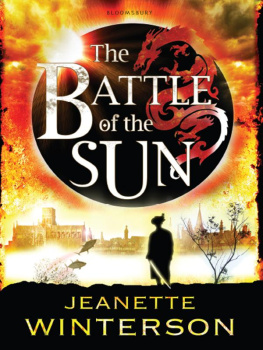CONTENTS
Contents
Guide

Australia
HarperCollins Publishers Australia Pty. Ltd.
Level 13, 201 Elizabeth Street
Sydney, NSW 2000, Australia
www.harpercollins.com.au
Canada
HarperCollins Canada
Bay Adelaide Centre, East Tower
22 Adelaide Street West, 41st Floor
Toronto, Ontario M5H 4E3, Canada
www.harpercollins.ca
India
HarperCollins India
A 75, Sector 57
Noida, Uttar Pradesh 201 301, India
www.harpercollins.co.in
New Zealand
HarperCollins Publishers New Zealand
Unit D1, 63 Apollo Drive
Rosedale 0632
Auckland, New Zealand
www.harpercollins.co.nz
United Kingdom
HarperCollins Publishers Ltd.
1 London Bridge Street
London SE1 9GF, UK
www.harpercollins.co.uk
United States
HarperCollins Publishers Inc.
195 Broadway
New York, NY 10007
www.harpercollins.com
Thank you to all the contributors to this special book, who delved deep to share their stories and speak their truths. You are all prophets. Thanks also to Grace, who has shown the patience of a saint when bringing this book to fruition. And thanks to Jeff and Faye at Stonewall, who have provided support on all elements of this, from the mundane to the extraordinary.
I was very excited when asked to contribute to this book, largely because I once actually thought I was a queer prophet. Im not being ironic. At the height of a nervous breakdown when I was twenty-four, I believed, quite literally, that I must be a prophet.
Some context: growing up in Bahrain, I was taught in the schools daily Islam lessons to count sins on my left shoulder and good deeds on my right, and to ensure that my left side wasnt heavier because if it was, by the time that I died, Id end up in a cesspit of flames and torture for eternity. Cute, right? Unfortunately, by the age of eight, I had a massive crush on Robin Hood the cartoon fox and by eleven, I had formed an attraction to an actual male human Macaulay Culkin in Home Alone. My homosexuality, as I was taught by instructors (not by the Quran, I should add), would result in an infinite number of sins that would be insurmountable.
The punishments of hell were described to us in intimate detail. While water in heaven was a redemptive, cleansing element, in hell wed be forced to drink and bathe in boiling water. Close your eyes and imagine the heat on your skin and in your stomach, our teacher would tell us. I fully internalised the belief that Allah was a force who would want me to burn for who I was, and this seeped into every part of me. So, by the age of thirteen, I fully renounced Islam and stopped speaking Arabic, because I felt that these cultures would be inhospitable to my queer identity.
Home life with my parents became so traumatic that I looked for ways to leave early. At the age of sixteen I applied for a scholarship to boarding school; by the time I went to university, I was barely in contact with my family. When I started as a student at Cambridge, it was the first time in my life that I was finally, completely, outside any form of parental surveillance, and it gave me the freedom I so yearned for throughout my teenage years.
As if the part that lay dormant inside me was acting on autopilot, I almost immediately organised a student drag night, where I began to form a community of fellow queers that allowed me to find a sense of self. Being in drag was the most powerful I had ever felt. Everything in my life that I had been taught to see as my weaknesses such as my femininity suddenly became my strength. I had never felt more like myself I was totally and utterly hooked. Upon graduating, I decided to try and make it as a drag queen in London, a decision which catalysed a crisis among my Muslim relatives, who said they would denounce me if I continued. According to my mama, I was the source of [her] lifes unhappiness. As my drag profile grew, so did my familys resentment, and they turned their backs on me for bringing nothing but shame upon them.
While my family tried fervently to suppress my queerness, the London drag scene was its own kind of hyena pit, particularly because it was dominated by white queens; this was accompanied by the endemic racism within the gay community (get on Grindr and itll take you around thirty seconds to find a profile that stipulates No Asians as a sexual preference). I began to feel as if my queer identity could only operate alongside whiteness, and hence I held the assumption that my being a drag queen was a gift offered to me only by the West (in my early drag career, I only ever dressed as white women from Western pop-cultural contexts). And so I fragmented my queer identity was severed from my Arab heritage and my racial identity felt erased in the queer spaces I operated in. I was too gay for Arabs and too Arab for gays. I split. The floating parts of my unstable identity could find no singular root, and so I stumbled straight into a nervous breakdown. And one that was alarmingly trippy in character.
The first panicked episode took place on a double-decker bus in London, which I had boarded at 3 p.m. for absolutely no reason. I sat on the top floor by the middle, and there were only a couple of other people on the bus with me. To my left was a young female, headphone-wearing student, sleeping against the window, her jaw half open. A few seats behind me was a large man who I realised was snorting a bit of cocaine on a key he saw that I saw and gave me a whatever gets you through the day look. No judgement here, hun. As the bus started its route I felt a slight tingle around the rim of my face and my head felt very light, as if it might float off at any point. My stomach went fluttery; less like butterfly wings and more like a million locusts flapping their way out. The visual field around me became distorted and eventually, my entire surroundings looked flat, like a 2-D drawing on an extremely thin piece of paper which could rip at any moment. It felt so real that I became panicked that this tear was going to suddenly appear and in an instant there would be no one and nothingness. As my panic intensified, I was eventually thrust back out of the matrix and into the 4-D world I had almost evaporated out of. When I looked around me, I realised that the comatose student and the highly alert businessman were gone and that I was in Penge, the final stop of the London bus I had aimlessly taken.
The frequency of these visions grew rapidly, and with little else keeping me tied to reality, I began to take to heart what they were trying to tell me. It was as if my feelings of displacement and not belonging were being actualised. I felt an acute sense of comfort that whatever it was that had been guiding me towards these experiences knew that I didnt belong in this world either. It was as if every instance of not belonging had culminated in this very simple solution of course I dont belong in this world. It isnt real. This rip in the surface of life, whatever it might be, had to be a wormhole to the real, to a site of new dimensions where my belonging could not be called into question. I just had to get to it. I tried closing my eyes during these episodes, hoping that when I opened them I would no longer be me, but a different kind of being in a different kind of place, perhaps even a starfish or an octopus, or something fluid and teeming with multiplicity.

